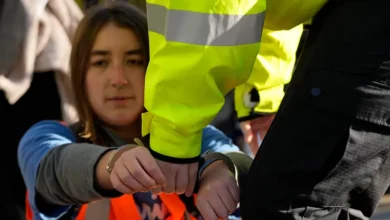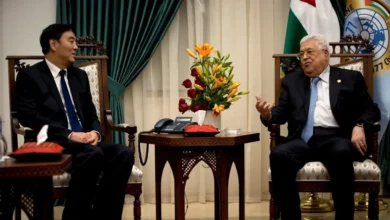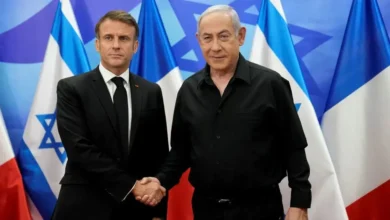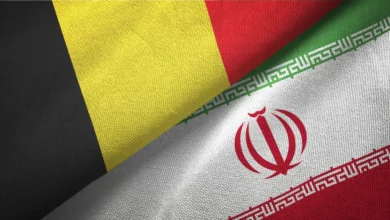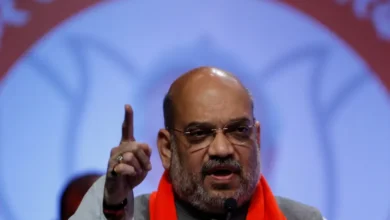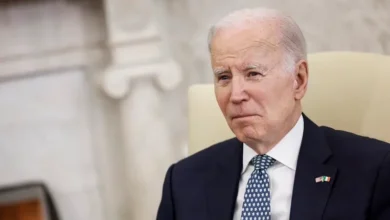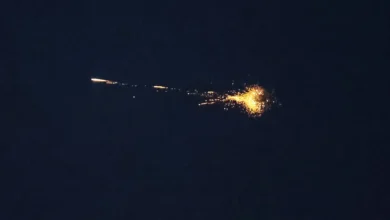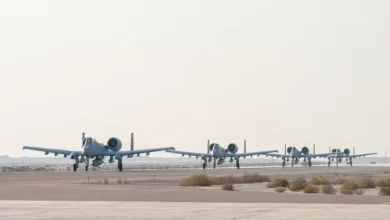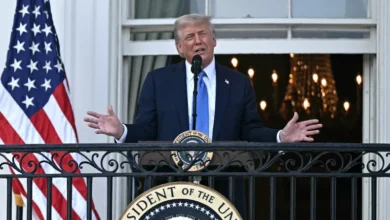Anti-Putin group promise new attacks in Russia after mutiny: We have ambitious plans
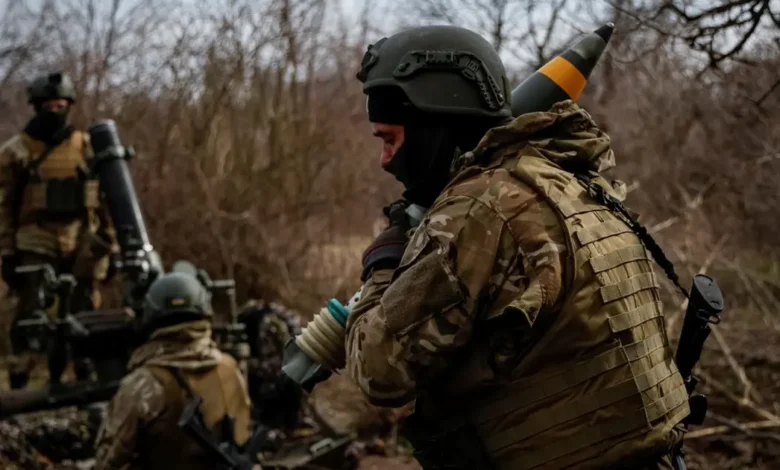
The all-Russian, anti-Kremlin, pro-Ukraine paramilitary group that claimed responsibility for the cross-border attack on Russia’s Belgorod in May and June, are seeking to capitalize on the aftermath of the Wagner mutiny to conduct another cross-border raid into Russia, the Guardian reported on Sunday.
“There will be a further surprise in the next month or so… It will be our third operation. After that there will be a fourth, and fifth. We have ambitious plans. We want to free all our territory,” the commander of the “Freedom of Russia Legion” (LSR) identified as Caesar told the Guardian.
Their latest incursion into Russia saw them striking Russian positions near Shebekino, Belgorod Oblast (7 km from the Russian-Ukrainian border). Washington-based think tank Institute of Study of War (ISW) wrote in an assessment the Russian response with evacuations, Russian President Vladimir Putin’s reported attentiveness, and the Ministry of Defense’s characterization of the raid as an attempt to “invade” Russian territory suggests that the “Kremlin is trying to use these limited raids to support ongoing information operations that seek to portray the war in Ukraine as existential and garner domestic support for a protracted war.”
The “Freedom of Russia Legion” (LSR) identifies itself as a unit of volunteer Russians “created in the spring of 2022 based on the desire of the Russians themselves to fight against Putin’s armed gang in the ranks of the Armed Forces of Ukraine.” The group says it is “fighting in full cooperation with the Armed Forces of Ukraine and under the leadership of the Ukrainian command.”
Ukrainian newspaper Ukrayinska Pravda described the LSR as “a military unit within the Armed Forces of Ukraine, and consists allegedly of Russian prisoners of war, defectors of the Russian Armed Forces, as well as other Russian volunteers who have sided with Ukraine.”
Caesar told the Guardian his militia could only function with Ukrainian military help but said once on Russian territory they made their own independent decisions. The legion’s armoured vehicles were mostly seized from Russian stocks captured in Ukraine, he said. He added that Kremlin reports of heavy losses among his guerrillas were ridiculous and exaggerated, asserting: “They dressed up dead bodies in Ukrainian uniforms and put them on TV. Ours look different. It was all a dumb lie.”
Caesar addressed the short-lived mutiny led by Wagner mercenary boss Yevgeny Prigozhin in Russia. He said Prigozhin’s uprising had weakened Putin. He said the Wagner mercenary leader had originally intended to capture and remove Russia’s defense minister, Sergei Shoigu, and commander in chief, Valery Gerasimov, last month, when he began an armed uprising.
Prigozhin had started a brief revolt last month which swiftly ended with him calling off his Wagner forces’ march on Moscow after agreeing to a deal which would see him exiled in Belarus without any legal action taken against him in Russia thanks to the mediation of Belarus President Alexander Lukashenko.
Prigozhin’s mutiny had a resounding impact within Russia and internationally as well. The general consensus amongst international politicians and analysts is that the mutiny had weakened Putin and raised questions about his ruling with an iron fist at a critical time when his forces confront an intense counter-offensive in Ukraine.
Caesar speculated that Prigozhin had so far escaped punishment after turning his armoured column back because he held compromising material on Putin. “I don’t respect Prigozhin. He and Putin have the same values. Prigozhin is more charismatic and appeals to ultra-patriots who want to fight to the end. They think harsher methods will bring them victory. It’s not realistic.”
As for the Wagner group itself, Caesar said the dissolution of Wagner boosts Ukraine’s prospects on the battlefield, he argued. “Wagner was Russia’s most competent military outfit. I fought against them in Bakhmut. They nearly succeeded in taking the city. Their exit depresses the morale of the Russian army.” He continued: “I’m certain 100 percent Ukraine’s counter-offensive will succeed.”
